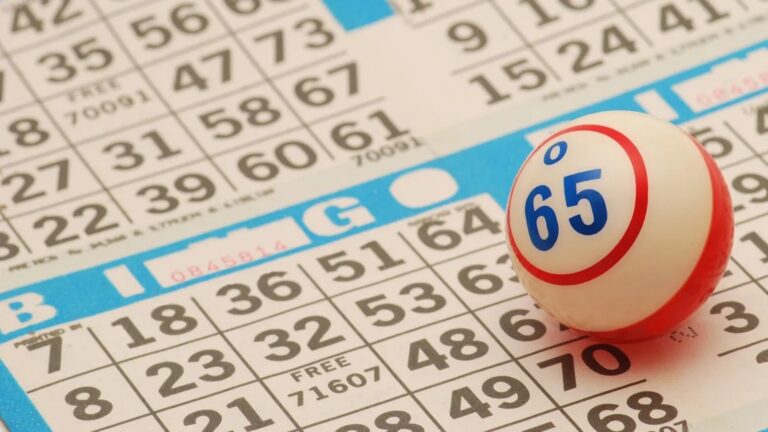*Deep breath.* FINALLY. Someone said it!
In “Elections Are Bad for Democracy,” Wharton academic Adam Grant makes the case that plebocracy ain’t all it’s cracked up to be. And he makes it in the rarefied pages of the New York Times no less—the self-appointed bastion of enlightened political discourse.
Sorry, did I say the piece was titled “Elections Are Bad for Democracy”? Well, some panicky Times editor thought the headline was too on the nose. The article has since been stealthily redubbed: “The Worst People Run for Office. It’s Time for a Better Way.” However you cut the phrase, the paper of record is entertaining the notion that Kent Brockman was right. Democracy simply doesn’t work.
Grant may think he’s being edgy, even impishly contrarian, writing “if we want public office to have integrity, we might be better off eliminating elections altogether,” but he’s really just recycling age-old thinking on political representation. He cites the Greeks as democracy-skeptics. He alludes to Friedrich Hayek’s fears about the worst rising to the top. And Grant is extra, super-duper, totally concerned about the “integrity” of public office—so concerned that he has a master plan to fix its personnel problem, namely by scratching one fraction of the personnel from the equation.
Admission: When I first saw Grant’s piece, I thought two things. First, it’s about time someone made a Hoppean case against democracy in a major newspaper. Second, this is the first of many intellectual seeds being planted ahead of the ‘24 election to justify denying another Donald Trump victory, should the quad-criminal somehow pull it off again.
Jury’s still out on point #2—it’s actually set to convene this October in Atlanta. Also next March in Manhattan. And next May in Fort Pierce, FL. And potentially in April in Washington, DC With so much high-drama court proceedings, NBC execs would be dummies not to cash in on piloting yet another “Law and Order” spin-off. Call it “STU: Special Trump Unit.”
On point #1, it was too much wishful thinking to hope the Times’ toney tastemakers would turn so explicitly against the holy hoi polloi plebiscite. In fact, Grant doesn’t so much as question the wisdom of democracy but propose an electoral system far worse: luck of the draw. Grant is concerned that those who seek public office often exhibit the “dark triad of personality traits: narcissism, Machiavellianism and psychopathy.”
Anyone with a working frontal lobe and a university-conferred degree knows whom he’s referring to. But the “dark triad” label could be applied to all but a handful of congressmen, and every single American president, excepting George Washington and maybe Harry Truman. Our political system is sullied by the presidential paradox: anyone who aspires to elected office is, prima facie, unqualified for what should be a selfless duty.
Grant proposes an aleatory workaround to the ego-burnishing brutes who crave power. “A lottery would also improve our odds of avoiding the worst candidates in the first place,” he suggests. “Of course,” he admits, “there’s also a risk that a lottery would deprive us of the chance to select a leader with distinctive skills.” But he’s not stressing the potential talent gap. “[T]hat’s a risk I’m willing to take.”
If only we could all be so cheerfully Two-Face about handing the country over to a bingo cage. Bad as political preening pageantry is, citizens exerting some semblance of control over government through elections is more humane than surrendering statecraft to chance. The essence of representative democracy is in representing the will of the people. Sortition snitches choice from the demos, alleviating them of civic responsibility. In that respect, Grant’s crapshoot government is a techno-replacement for human will—man can’t be trusted, might as well roll the dice.
Grant’s stochastic state may have a sciency, superficial neutrality. But it’s spotted with contradiction. We can’t trust office-seekers’ motivation, but we can thrust power into any average Joe’s hands and assume it won’t corrupt him? Voters fall prey too easily to demagoguery and fisc bribing, therefore trust a randomized sample of them to rule?
Moreover, who would want to volunteer as tribute for the potential pool of candidates? The former president just got slapped with four indictments in six months. Republicans are guaranteed to engage in a lawfare tit-for-tat whenever they re-assume power. Into this jural jostle we’re supposed to shove an unsuspecting segment of the body politic? Grant’s lottery now looks like Shirley Jackson’s.
Democracy has its fair share of shortcomings, starting with the source of all conflict: people. Bertolt Brecht wasn’t being that facetious in offering to dissolve the electorate in favor of a more pliable populace.
The unbreakable knot within any scheme to undermine popular consent is that its inherent misanthropy never applies to the plan’s propagators. The swinish multitude can’t be trusted; some pigs are more equal and more capable of imposing order.
Our inherent political animal can’t be denied. As soon as the luck in Grant’s randomized republic runs out, and a Walmart shelf-stocker posts the nuclear codes for Tinder clout, voters will demand the power to choose their representatives back.
Will that mean the return of inane political posturing and bicker-filled “debates” that only serve the purpose of boosting TV ratings? Yes. But better to deal with the narcissists you know than an unmanageable mathematical model.














Add comment